Teacher Talk: your string teaching questions answered by our panel of experts
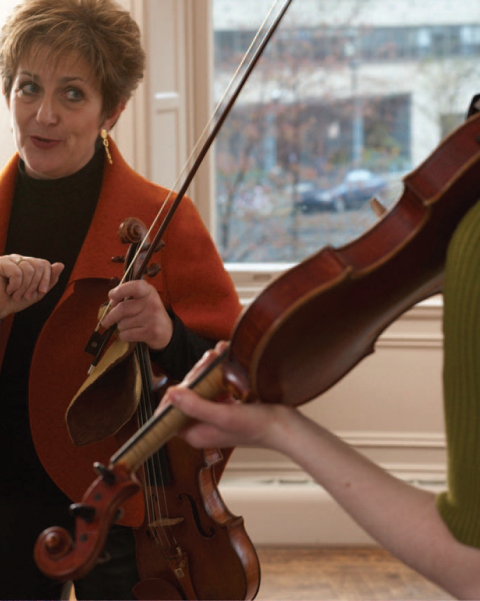
Explore more Featured Stories like this in The Strad Playing Hub
How do you help students avoid stage fright?
Peter Dufoy, London, UK
Boris Kuschnir: There’s a simple yet effective psychological trick that can help a lot, although it sounds counter-intuitive. During the lesson, the teacher should try to give so many instructions – such as about different forms of vibrato, bow division, bow changes, dynamic versatility, phrasing, glissando, volume – that the student has to take care of them the whole time they play. Keeping in mind that the music should always come first, the more instructions the student has to take care of, the less time they have to be nervous when they perform.
Mimi Zweig: This is a complex topic about which many books have been written by psychologists, musicians, athletics coaches and other experts who deal with people who place themselves in the public eye. In my experience with students (who range in age from 5 to 27) there are a few constants that help them to avoid the feelings of anxiety that lead to stage fright:
Play with physically free motions that have been studied in the practice room and are transferred to the stage
Practise and perform in a non-judgemental environment where ‘mistakes’ are neither good nor bad, but are used as information
Give practice performances in a studio setting or on stage, playing for family and friends
Have a secure memory
Be well prepared, having worked out every problem with an infinite number of practice repetitions
Have a supportive pianist
Bonnie Hampton: Public performance needs to be practised, beginning perhaps with informal workshop sessions in the teacher’s studio, with helpful and supportive responses from the teacher, and in the case of older students, from their peers.
For students who are performing for the first time, talking about the event so that there are no surprises can be helpful. And of course, for all ages, preparation is of the greatest importance: not just technically, but having a real connection with the music, and for them to be performing a work that they enjoy and are enthusiastic about.
For older students who have perhaps had experiences when they have felt uncomfortable physically and have not had the freedom to play at their best, it can be useful to talk about releasing that sense of tension and heightening the energy of the performance. During those first few moments of a performance, it can be helpful to think about relaxing and being free in one’s movements, and not to be distracted by things happening in the audience. Really listening to your playing can help you to concentrate on the music.
Everyone is different and has to find the best way of coping with their own sense of public performance so that it can be a positive and fulfilling experience.
THE EXPERTS
Boris Kuschnir is violin professor at the Vienna Conservatoire and at the University of Music in Graz
Mimi Zweig is professor of violin and viola and Director of Pre-College Strings at Jacobs School of Music, Indiana University at Bloomington
Bonnie Hampton is on the faculty at Juilliard School, teaching cello in both the college and pre-college divisions
Our Teacher Talk series was first published in The Strad in January 2011. Subscribe to The Strad and get the best in teaching tips every month, from Simon Fischer's long-running Basics column to advice from top string players in Masterclass. Or click here to find out about our digital edition.
Read: Musicians and exercise: Can a keep fit regime make you a better string player?
Read: The Inner Monsters responsible for performance nerves
Discover more Featured Stories like this in The Strad Playing Hub

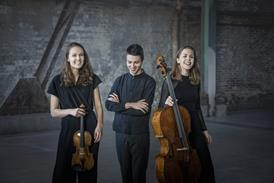
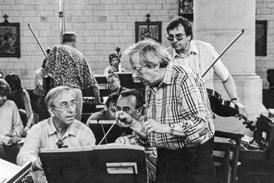
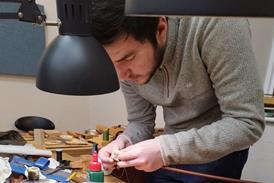
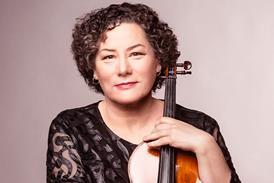
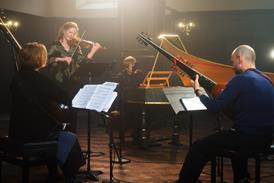
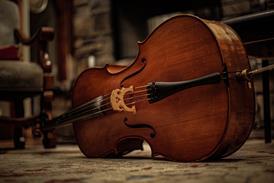
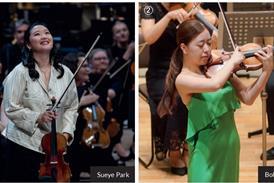

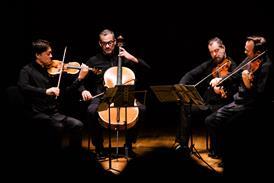

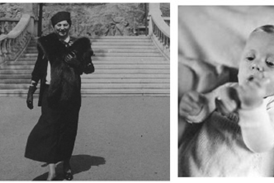
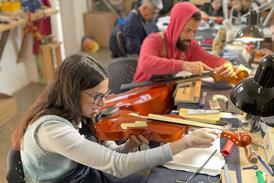
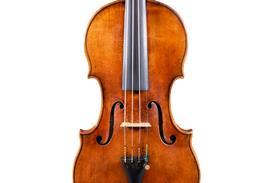
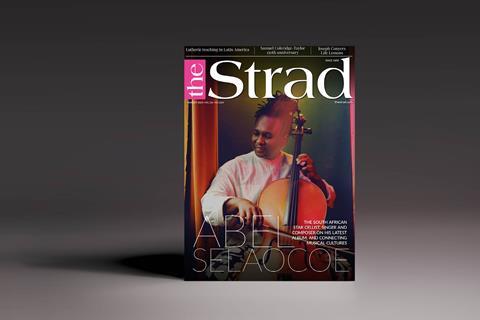




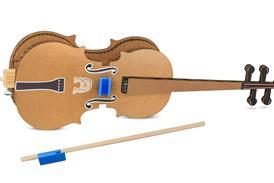


































No comments yet